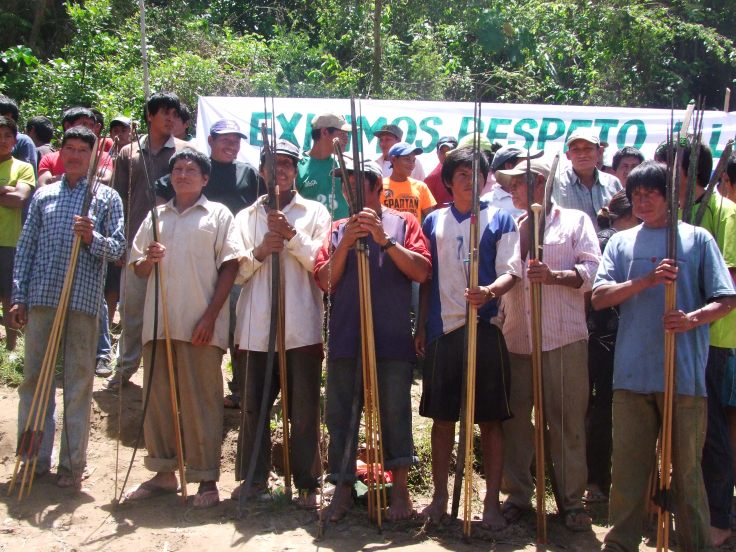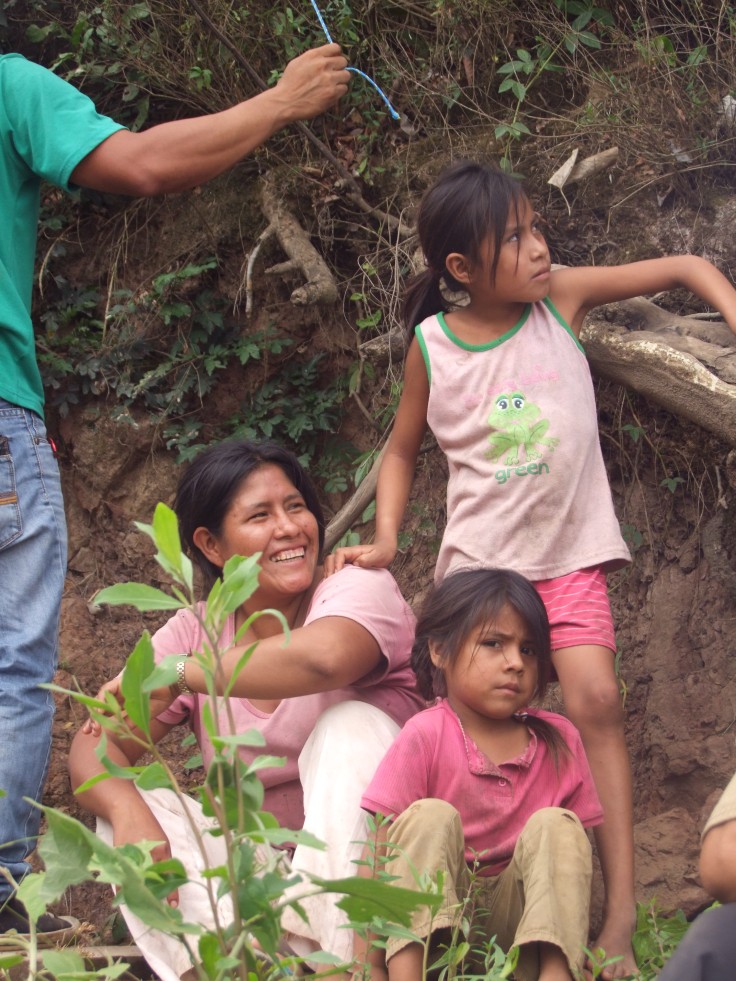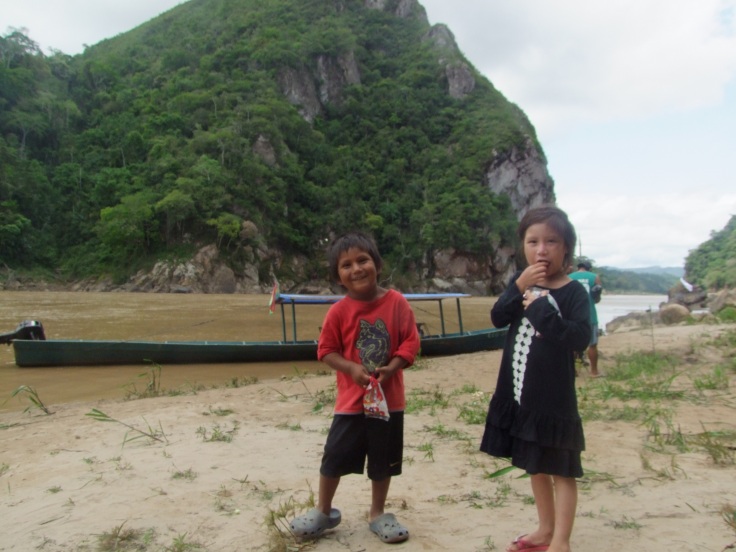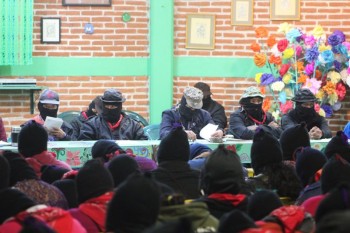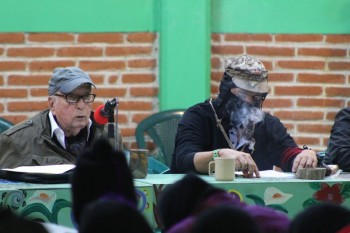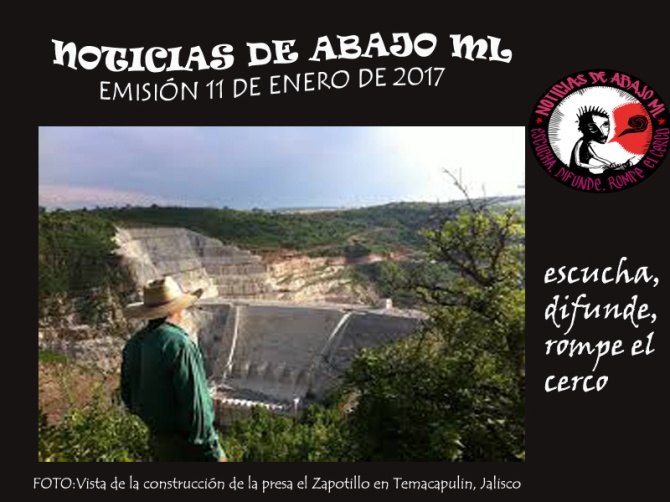Sorry, this entry is only available in Español. For the sake of viewer convenience, the content is shown below in the alternative language. You may click the link to switch the active language.
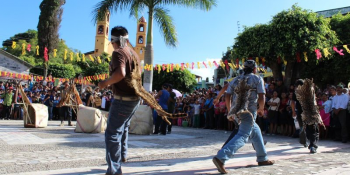
Ejido Tila Chiapas a 19 de enero del 2017
A la Opinion publica
Al Congreso Nacional Indigena (CNI)
A las Juntas de Buen Gobierno
A la Sexta nacional e internacional
A los medios de comunicación independientes
A los derechos humanos no gubernamentales
A las organizaciones sociales que luchan por justicia y dignidad
Reciban un cordial saludo de parte de los compañeros y compañeras del Ejido Tila que seguimos en pie de lucha hasta llegar al final y continuaremos luchando construyendo nuestra autonomia ejidal y autogobierno aunque en medio de tantas amenazas pero nuestro pueblo esta firme y dispuesto a seguir para adelante asi como estamos trabajando con nuestro derecho como pueblo indígena y como territorio ejidal.
Nuestro pueblo como muchos otros pueblos está echandole ganas a seguir explicando y profundizando nuestro acuerdo de constituir el Concejo Indigena de Gobierno y lanzar la candidata para que lleve su palabra frente a todo Mexico e internacional y frente a esos que nos quieren arrebatar las tierras y nos estan masacrando por todas las partes de Mexico. Porque llegó el momento de los pueblos.
Y en esta ocasión les enviamos este sencillo escrito para presentarles los trabajos de los compañeros y compañeras de medios independientes y agradeserles por sus trabajos que realisaron tanto para mostrar nuestro Primer Aniversario de Autonomia Ejidal para Tila y libre determinación; pero también les presentamos las traducciones al idioma ingles y francés de nuestro video documental Juntos defendemos nuestra Madre Tierra, Mi Lak tyeñ kotyañ lak ña’ lum y que será de gran ayuda para difundirlo entre compañeros y compañeras que hablan estos idiomas y que conozcan sobre la historia de nuestra lucha por la defensa de nuestra tierra y territorio. Por esto;
- Les agradecemos su trabajo solidario como compañeros y compañeras de los colectivos que hicieron las traducciones a los idiomas ingles y francés de nuestro video documental Mi lak tyeñ kotyañ lak ña’ lum Juntos la defendemos nuestra madre tierra. Aquí les presentamos las traducciones de los videos que se pueden descargar en buena resolución para reproducirse y difundirse. También les enviamos este escrito que presenta el documental para los diferentes idiomas.
EN YOUTUBE
Versión ESPAÑOL: ‘Juntos defendemos nuestra Madre Tierra’, ‘Mi Lak Tyeñ Kotyañ Lak Ña’Lum’
https://youtu.be/1iQz7S4-P_E
Versión INGLES: ‘Together We Defend our Mother Earth’, ‘Mi Lak Tyeñ Kotyañ Lak Ña’Lum’
https://youtu.be/GBHksetPLLE
Versión FRANCES: ‘Ensemble nous défendons notre terre-mère’, ‘Mi Lak Tyeñ Kotyañ Lak Ña’Lum’
https://youtu.be/dYDyR0iMAL0
EN VIMEO
VERSIÓN ESPAÑOL: ‘JUNTOS DEFENDEMOS NUESTRA MADRE TIERRA’, ‘MI LAK TYEÑ KOTYAÑ LAK ÑA’LUM’
https://vimeo.com/133172976
Versión INGLES: ‘Together We Defend our Mother Earth’,‘Mi Lak Tyeñ Kotyañ Lak Ña’Lum’
https://vimeo.com/183111398
Versión FRANCES: ‘Ensemble nous défendons notre terre-mère’, ‘Mi Lak Tyeñ Kotyañ Lak Ña’Lum’
https://vimeo.com/183146185
ARTICULO DE PRESENTACION EN IDIOMAS DEL VIDEO DOCUMENTAL
POETICS OF RESISTANCE_ESPAÑOL:
https://poeticsofresistance.wordpress.com/2016/12/22/juntxs-defendemos-nuestra-madre-tierra-mi-lak-tyen-kotyan-lak-nalum-documental-sobre-la-inseparabilidad-de-la-tierra-la-cultura-la-gobernanza-y-la-soci/
POETICS OF RESISTANCE_INGLÉS:
https://poeticsofresistance.wordpress.com/2016/12/21/together-we-defend-our-mother-earth-documentary-on-the-ejido-tila-chiapas-mexico/
POETICS OF RESISTANCE_FRANCÉS:
https://poeticsofresistance.wordpress.com/2016/12/21/ensemble-nous-defendons-notre-terre-mere-mi-lak-tyen-kotyan-lak-nalum-documentaire-sur-linseparabilite-de-la-terre-de-la-culture-de-la-gouvern/
- Les presentamos estos videos y reportajes sobre nuestro Primer aniversario, que muestran nuestra celabrasion y palabras sobre la construcción de autonomia y autogobierno ejidal. Nuestro pueblo vivió una celebración muy importante histórica porque cumplió su primer año de expulsar al mal gobierno y establecer su propio autogobierno ejidal como régimen ejidal propio y su libre determinación como pueblo indígena chol. Por eso les agradecemos a los compañeros y compañeras de los medios libres independientes por su esfuerzo de llegar hasta nuestro pueblo y que sus trabajos servirán para que muchos otros compañeros y compañeras que aunque no pudieron estar siempre están pendientes y agradecemos sus apoyos en difundir sobre la lucha de nuestro pueblo como de muchos otros que están luchando resistiendo.
Ejido de Tila: un año construyendo autonomía
Por Dante A. Saucedo y Luis Gutiérrez Arias, colaboración para Subversiones
http://subversiones.org/archivos/127170
EJIDO TILA, CHIAPAS_festejando un año de autonomía
Terra Nostra Films
You tuve: https://youtu.be/lo0R1Wu5CjY
Vimeo: https://vimeo.com/196865974
¿Cómo es un pueblo libre? Primer aniversario de la autonomía de Tila
Colectivo RadioZapatista
https://radiozapatista.org/?p=19609
Autogobierno ejidal retiembla la tierra en Tila Chiapas.
Colectivo Pozol
http://www.pozol.org/?p=14245
Les enviamos saludos y esperamos que estos trabajos que compartimos les sirvan para animar sus corazones para que juntos luchemos por construir otras formas para hacer nuestro gobierno.
Atentamente
Tierra y libertad
Órganos de Representación Ejidal
Nunca más un México sin nosotros
Por la reconstitución integral de nuestros pueblos
Zapata vive, la lucha sigue














